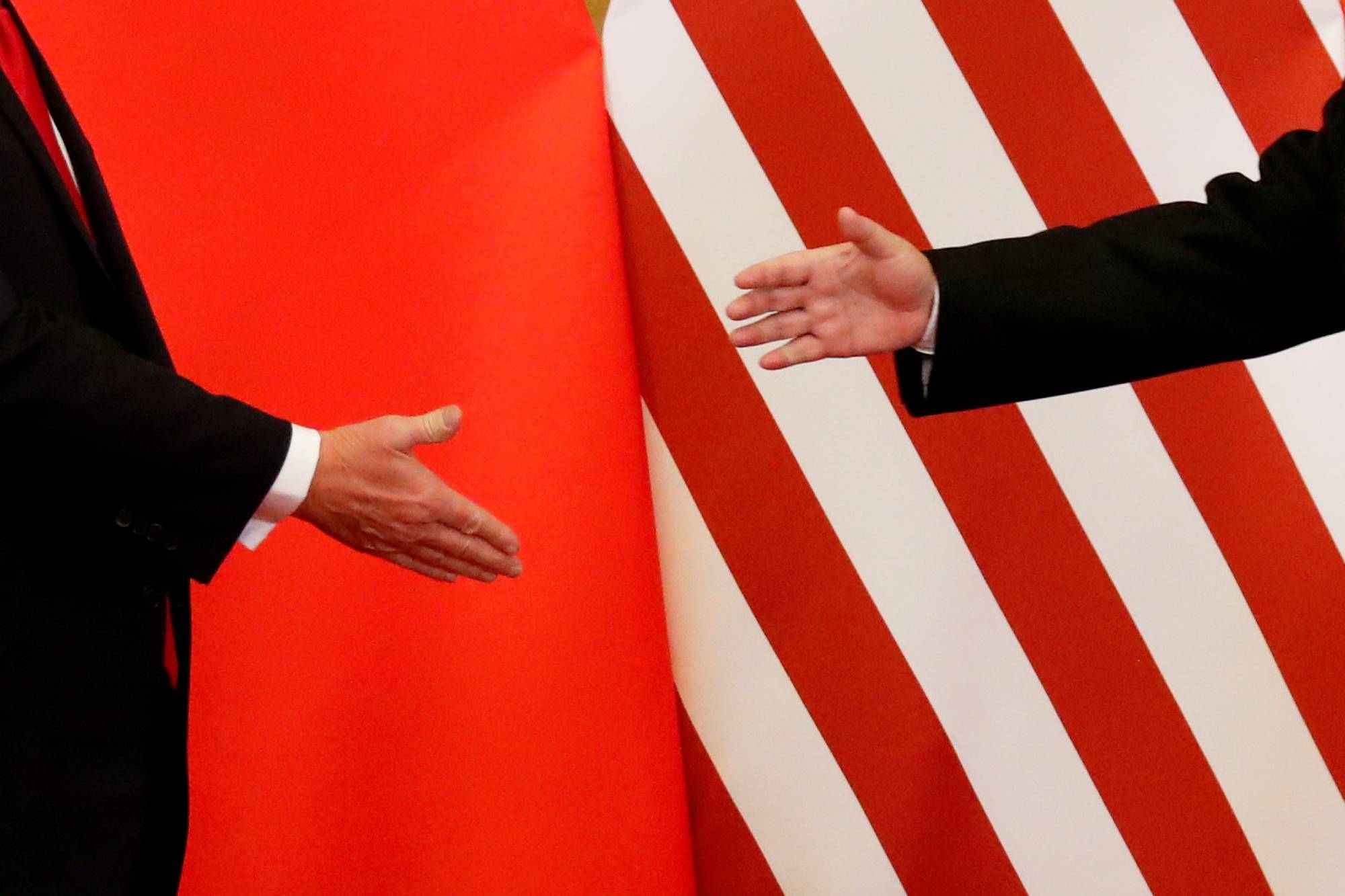A friend who works on Northeast Asian issues is moving to Spain from the United States. He quickly assured me that he wasn’t retiring. In fact, he explained, Valencia is closer to Asia than is New Jersey, his current home. That same logic might be deployed by the Biden administration when it gets down to business: Rebuilding ties with Europe may be one of the best ways to craft an effective China policy.
Contrary to fears in Japan, there is no sign that the Biden administration will be soft on China. Candidate Biden’s statements and writings, as well as those of members of his foreign and security policy teams, start from the proposition that the United States and China are in a multidimensional competition. They acknowledge the need for cooperation on key issues, but they have a keen grasp of priorities. Many of those individuals had jobs in the Obama administration and had to deal with the rapidly expanding gap between China’s talk about cooperation and its revisionist practices.
The new team understands that no country, not even the United States, can check Beijing’s ambitions on its own. Only a coalition has any hope of success and the foundation of any such effort must be U.S. alliances. Biden has made clear his determination to rebuild those alliances in the wake of damage done by his predecessor. Shortly after his election win, he called Ursula von der Leyen, head of the European Commission, and “underscored his commitment to deepen and revitalize the U.S.-EU relationship.”


















With your current subscription plan you can comment on stories. However, before writing your first comment, please create a display name in the Profile section of your subscriber account page.